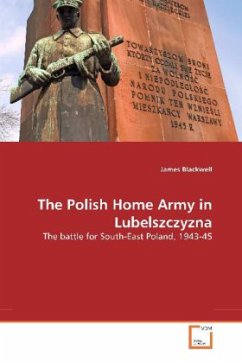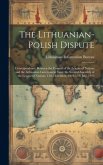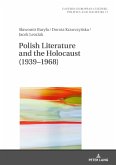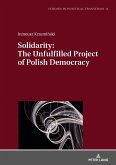The Soviet and German occupations of south-east Poland in 1939 had presented Poles with the grindingly familiar dilemma of occupation. In Lublin, an ethnic war and the mass deportations from the south had helped to create a large underground force. At the moment of liberation, the AK underground fought and played the role that their government requested of them. They launched diversionary attacks across the province and played their part in the liberation of countless other towns and villages across the province. Yet this policy was disastrous for those interested in the return of the Government-in-Exile to Poland. Thousands of AK soldiers and Delegatura men would offer themselves into the clutches of the NKVD whilst assisting the advance of the Red Army. Yet, by the end of Operation Tempest in Lublin, the core of the force, was able to return to their homes. This meant that, despite the massive setback of Tempest , an armed and well structured underground existed in Lublin untilwell into 1945.
Bitte wählen Sie Ihr Anliegen aus.
Rechnungen
Retourenschein anfordern
Bestellstatus
Storno








